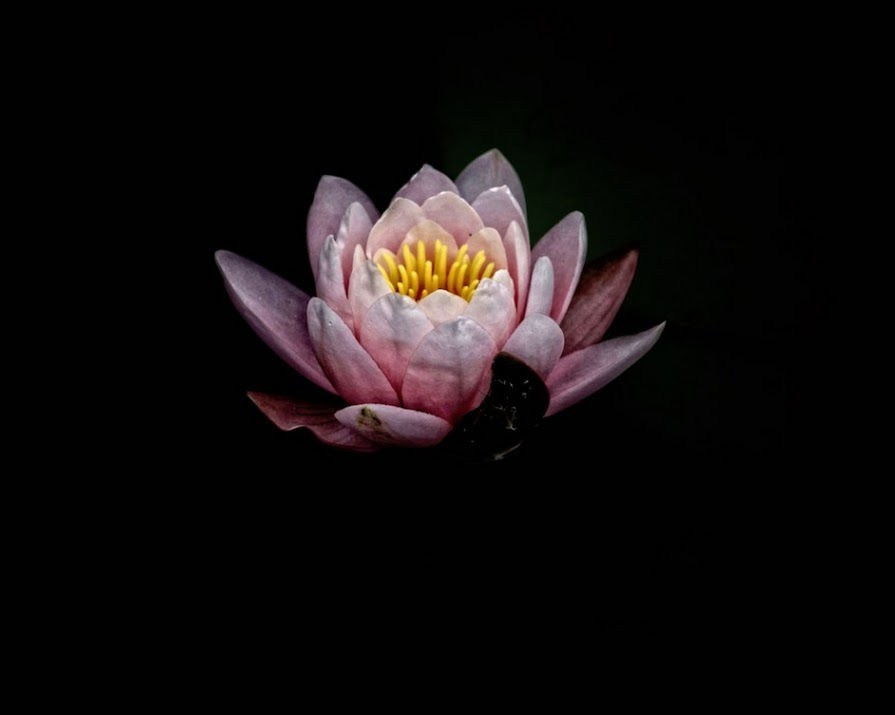
By Niamh ODonoghue
16th Dec 2016
16th Dec 2016
Alternating mood, skin breakouts, fluctuating weight, loss of libido, low energy. We put our bodies through their paces in order to protect ourselves against STI’s and pregnancy, don’t we?
There are twelve methods of contraception available here; nine involve chemical alteration while 3 do not. The pill is the most popular method, and is used by?95% of Irish women, while one-third of Irish women use natural methods. There’s a two-sided argument about which method is best, but if there was a natural method available with a high success rate would you make the switch?
One of the main problems with the pill is how to find the right cocktail of chemicals. With so many varieties to choose from (including?Alesse, Apri, Aranelle, Aviane, Enpresse, Estrostep, Lessina, Levlen, Levlite, Levora, Loestrin, Mircette, Natazia, Nordette, Lo/Orval, Ortho-Novum, Ortho Tri-Cyclen, Yasmin and Yaz), finding the right one for your body can prove to be a difficult task..?*queue mood swings and acne*.
With the help of my doctor I found a combination mini-pill that was best suited for me and didn’t have any adverse side effects; apart from the usual eternal hunger and the odd break-out during moments of stress.
A?friend of mine was not so fortunate, though, and found herself in hospital after suffering a rare allergic reaction to the pill which caused a build-up of fluid to appear on her brain (don’t worry, she made a full recovery). Reactions like this are far and few between and shouldn’t ever put someone off using safe contraception, but they do happen.
The point here is that in order for her to receive adequate?protection she had to essentially ‘test’ her body to see which chemical balance was just right for her; which is not entirely ideal.
In saying that we know that the pill is over 99% effective if properly used; so you’re *almost* guaranteed no slip-ups which, to most women, outweighs unwanted side-effects.
Natural methods are more, well, natural?for our bodies, but can take extra time to manage and observe which can be off-putting.?The most common method involves recording body temperature and other signs of ovulation, and when done correctly can?be 80-98% effective.
Are You Having An Appy Menstrual Cycle?
We use them to tell the weather and measure out steps, so why not our menstrual cycle? A?new trial shows that fertility apps are almost as safe as the pill, with just five women in every 1,000 experiencing an accidental pregnancy within a year of using a fertility app (Natural Cycles), compared to the three in every 1,000 who use the pill in the same period of time. There are loads of recommended fertility apps available but thinkcontraception.ie recommends?consulting with a’specially trained teacher or GP/Doctor before making the change au naturale.
The newest product on the natural fertility market is the Daysy?fertility monitor that?uses the fertility awareness method (FAM) by learning and tracking your menstrual cycle. Its efficiency rate is 99.3% which, compared to the pills 99.9% efficiency rate, is pretty enticing if you’re ready for a chemical detox.
Both natural and chemical methods come with negative side effects; the newest being the link between?the pill and depression. But what do the professionals think?
We asked GP and broadcaster Dr Ciara Kelly and The Dublin Well Woman Clinic what their thoughts were on chemical versus natural who both think that natural contraception is “not as effective” according to Dr Kelly. The Well Woman Clinic also commented that their clinics don’t offer natural methods of contraception as part of their care.
Ultimately, when it comes to choosing the best contraception it totally depends on you and your body, and sometimes trial and error is needed to figure it out. There’s no doubt that the benefits of using oral contraceptives far outweigh the potential risks, but if, like me, you’ve been using chemical intervention for a while, wouldn’t it be nice to make the change knowing that you’re safe?
We need to be encouraged to constantly consider our birth control in a holistic context, and think about how it fits in?with our lives and the way it makes us feel – not just what they do.?Many of us end up choosing hormonal contraception in our teens and sticking with the same method until we’re well into our thirties, even though our bodies change significantly.






















